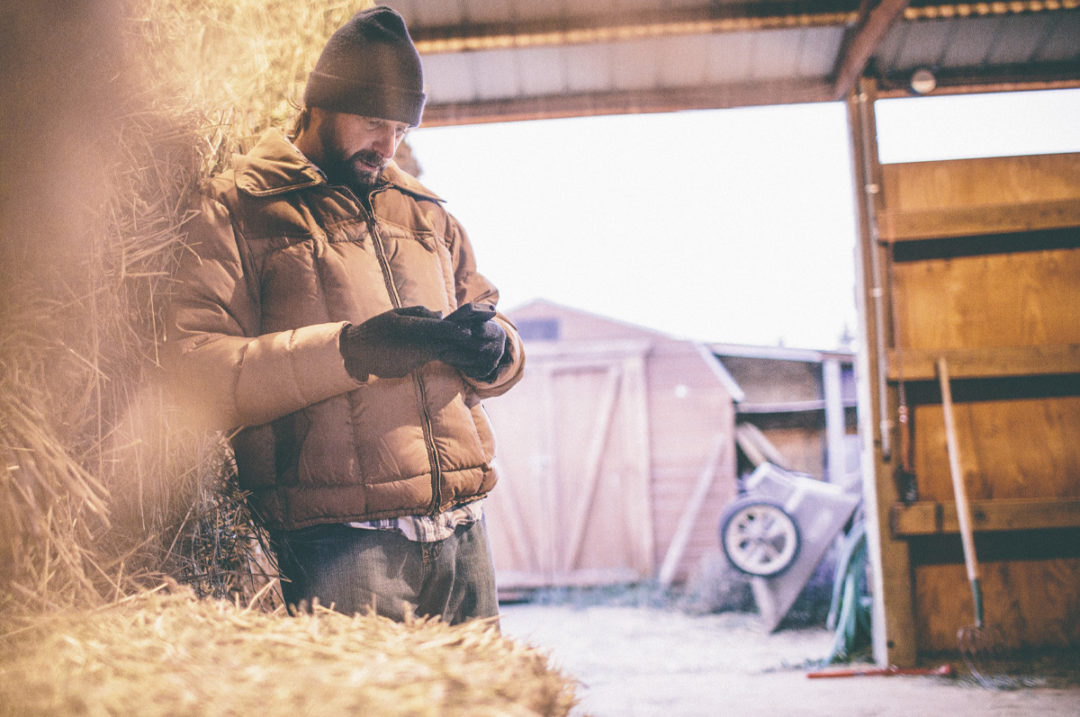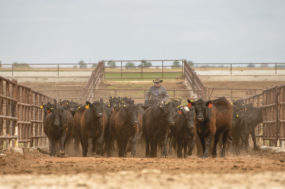However, with this power comes certain concerns, especially when the information is used to injure another party. In the context of agriculture production, the use of undercover videos and pictures by animal rights groups is a real issue. These groups seek to obtain and then provide information and recorded images to the media and public, with the intent to cause financial harm to the ag operation.
For instance, Joe Activist applies for a job at ABC Feedyard. He falsifies his information to gain employment at the feedyard with one motive: He plans to secretly videotape operations within the facility and then publish the information in a way that damages the reputation and image of ABC Feedyard. Joe Activist’s concern is not with the rare rogue employee who mistreats animals; rather, his beef (no pun intended) is with the establishment of the feedyard. And with today’s smartphone, Joe Activist can take a video, edit it to further his position, post it online and in seconds reach thousands of individuals across the globe.
In response to these real and severe risks to animal production, several states have enacted laws that attempt to provide additional protections for ag operations (coined “ag-gag” statutes by activist groups). While each law is different, they generally make it illegal to take photos or videos without the owner’s consent and/or use false employment information in order to gain access to an agriculture business with the intent of causing harm to the business. The states that currently have these ag-gag statutes in place are Alabama, Arkansas, Iowa, Missouri, Montana and North Dakota.
Challenges to the constitutionality of these laws
Over the past several decades, many of these laws have been challenged by activist groups, either by attempting to block the legislation from becoming law or challenging the laws once they are enacted. Once the law is passed, animal rights groups have historically brought a lawsuit in that state, contesting the constitutionality of the law – arguing that the law unconstitutionally limits the right to free speech protected by the First Amendment (applied to the states under the Due Process Clause of the 14th Amendment).
This recently occurred in Kansas. Under the Kansas Farm Animal and Field Crop and Research Facilities Protection Act (passed back in the 1990s), it is illegal for someone to enter an agricultural facility and take a picture or video without the owner’s consent or to enter under false pretenses. A lawsuit was filed by animal rights groups back in 2018, in which they alleged that the state’s prohibition on taking videos or pictures unconstitutionally limited free speech. In August 2021, a divided U.S. Court of Appeals for the 10th Circuit (one step below the U.S. Supreme Court), ultimately sided with the activist groups by affirming the ruling of a lower court that the law violated the First Amendment. As a result of this ruling, that Kansas statute is no longer enforceable.
Unclear future
The litigation regarding ag-gag statutes will likely continue to be a battleground moving forward. While activist groups have successfully challenged laws in Kansas, North Carolina, Idaho, Utah and Wyoming, lawsuits are currently pending in Arkansas and Iowa. We will have to wait and see how judges in those jurisdictions consider the constitutionality of the statutes. ![]()
Getty Images.
-
Kyle Weldon
- Associate Attorney
- Harris, Finley & Bogle, P.C.
- Email Kyle Weldon







